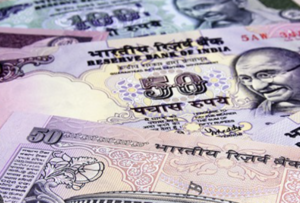#Singapore #Japan #SouthKorea #HenleyPassportIndex #GlobalMobility #TravelFreedom #PassportPower #WorldTravel #Geopolitics #InternationalRelations #VisaFreeAccess
Which Passports Rule in 2025? See How the US and UK Drop While India Climbs!
In the constantly evolving landscape of global mobility, the news that Singapore maintains its position at the top of the Henley Passport Index in 2025 is not surprising. This prestigious ranking sees Japan and South Korea sharing the second spot, underscoring Asia’s dominant role in offering some of the world’s most powerful passports.
Singapore’s Unwavering Lead
Singapore’s passport continues to open more doors than any other, providing its holders visa-free access to numerous countries. This powerful travel document is a key facilitator for both business and leisure travel, reflecting the nation’s strong international relations and stable political environment.
Japan and South Korea in Close Competition
Japan and South Korea, tied for second, also offer their citizens extensive visa-free travel capabilities. This high level of access is indicative of their robust diplomatic networks and their active participation in international affairs. It is also a testament to their continued efforts to secure agreements that enhance travel freedom for their nationals.
The Shift in Passport Dynamics
While the Asian powerhouses lead, notable shifts are occurring with traditional leaders like the United States and the United Kingdom. Both countries have seen a decline in their passport power, slipping in rankings. This change is reflective of the evolving geopolitical climate and adjustments in global visa policies.
Conversely, India has shown remarkable improvement, climbing up the ranks. This rise is attributed to strengthened diplomatic relations and strategic international engagements. India’s enhanced passport strength is a significant boon for its citizens, promoting easier global travel and opening up new avenues for international business and tourism.
Implications for Global Mobility
The shifts in passport power dynamics have broader implications for international travel, business, and diplomacy. A stronger passport means fewer barriers to cross-border movements, which can lead to increased economic opportunities and cultural exchanges.
Looking Ahead
As we look towards the future, the landscape of global mobility will likely continue to evolve. Countries that invest in strong international relations and participate actively in global affairs will potentially see their passport power increase. Conversely, nations that face diplomatic challenges may find their positions on indexes like the Henley Passport Index affected.
In conclusion, the latest rankings highlight the importance of passport power in today’s interconnected world. As countries like Singapore, Japan, and South Korea maintain and strengthen their positions, they set examples of how strategic diplomacy and international policy can enhance global mobility. Meanwhile, the changing fortunes of countries like the US, UK, and India serve as a reminder of the dynamic nature of international travel rights.











Comments are closed.